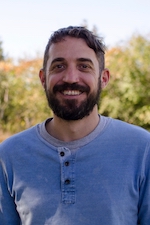 |
Aaron Shafer Associate Professor/Department Chair I am interested in applying genomic methods to conservation, wildlife management, and legal issues. My research interests also involve using molecular tools to understand the drivers of important processes like migration and adaptation in nature. I study big and small mammals (sea lions and mountain goats to shrews and voles), and use computer simulations to explore the applicability of different genomic analysis. Please visit my website for more information. |
 |
Sanela Martic Assistant Professor/Associate Chair Dr. Sanela Martic received M.S. degree in Chemistry from McMaster University (2005) under the supervision of Dr. Michael A. Brook. She then joined Queen’s University where she obtained her Ph.D. degree (2009) in Chemistry under the supervision of Dr. Suning Wang and co- supervision by Dr. Gang Wu. Dr. Martic carried out her post-doctoral work at Western University and University of Toronto Scarborough with Dr. Heinz-Bernhard Kraatz. In 2012, she joined the Department of Chemistry at Oakland University (USA) as a tenure-track Assistant Professor, and was promoted to Associate Professor in 2017. In January 2019, she joined Trent University as Assistant Professor in the Department of Forensic Science. The research in Martic lab is focused on the biological biomarker identification, detection and toxicology screening using a variety of bioanalytical and biochemical tools. Martic lab research is funded by National Institutes of Health, American Chemical Society Petroleum Research Funds, American Heart Association. |
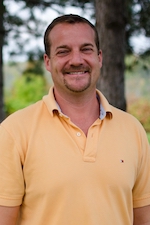 |
Christopher Kyle Professor Research Chair in Wildlife Genetics and Forensics - My research interests include Landscape and Molecular Epidemiology, Landscape and Conservation Genetics and Molecular Applications in Forensic Entomology. I currently teach the 2nd year "Foundations in Forensic Science", the 3rd year Non-Human DNA Laboratory Forensics and co-ordinate the Forensics Summer Camps for high school students. |
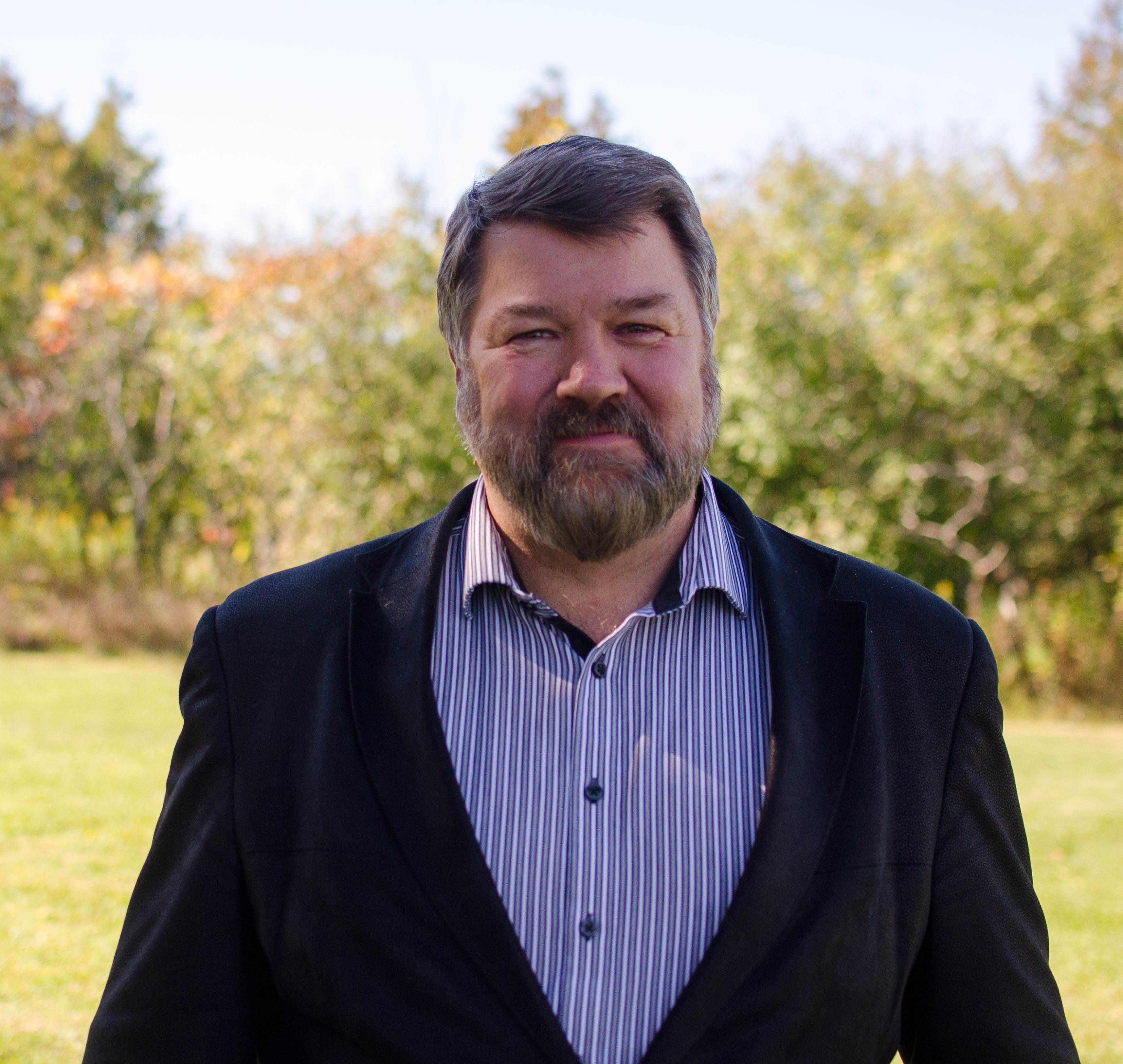 |
Barry SavilleAssociate Professor I am interested in microbial forensics and, more specifically, plant pathogen forensics. I am using the model pathogen Ustilago maydis to develop DNA-based tests for species and strain identification in a forensics context. This fungus has been indicated as a potential vehicle for biocrime. I teach the recently-created course on Biocrime and Bioterrorism, the Independent Projects and 'Research Thesis' courses. If you are interested in reading more about my research, please visit The Saville Laboratory. |
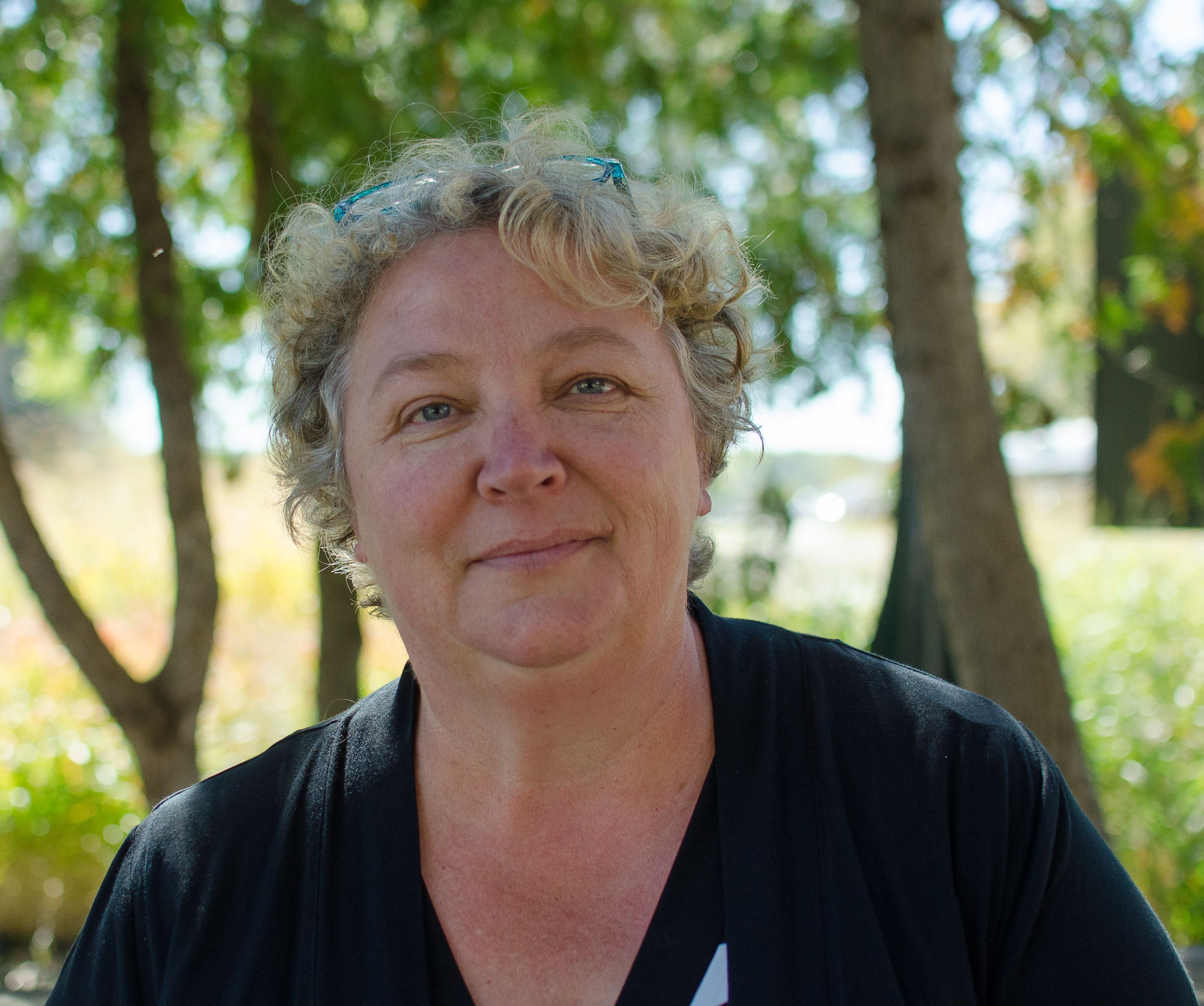 |
Rhonda L SmithAssociate Professor Professor Smith has Bachelor of Commerce (Hons.) Degree and a Juris Doctorate in Law from Queen’s University, as well as a Master of Laws from Osgoode Hall Law School. In her early legal career she practiced criminal law as both Crown and Defence Counsel, as well as labour, employment, and family law. She has worked in both the private and public sectors in various roles throughout her professional life before coming to Trent University. She is a member of the Law Society of Upper Canada, ADR Institutes of Ontario and Canada, and the Academy of Criminal Justice Sciences. Professor Smith conducts research into alternate ways to present scientific expert evidence in criminal courts, the presentation of statistical evidence in criminal courts, and experiential pedagogy. |
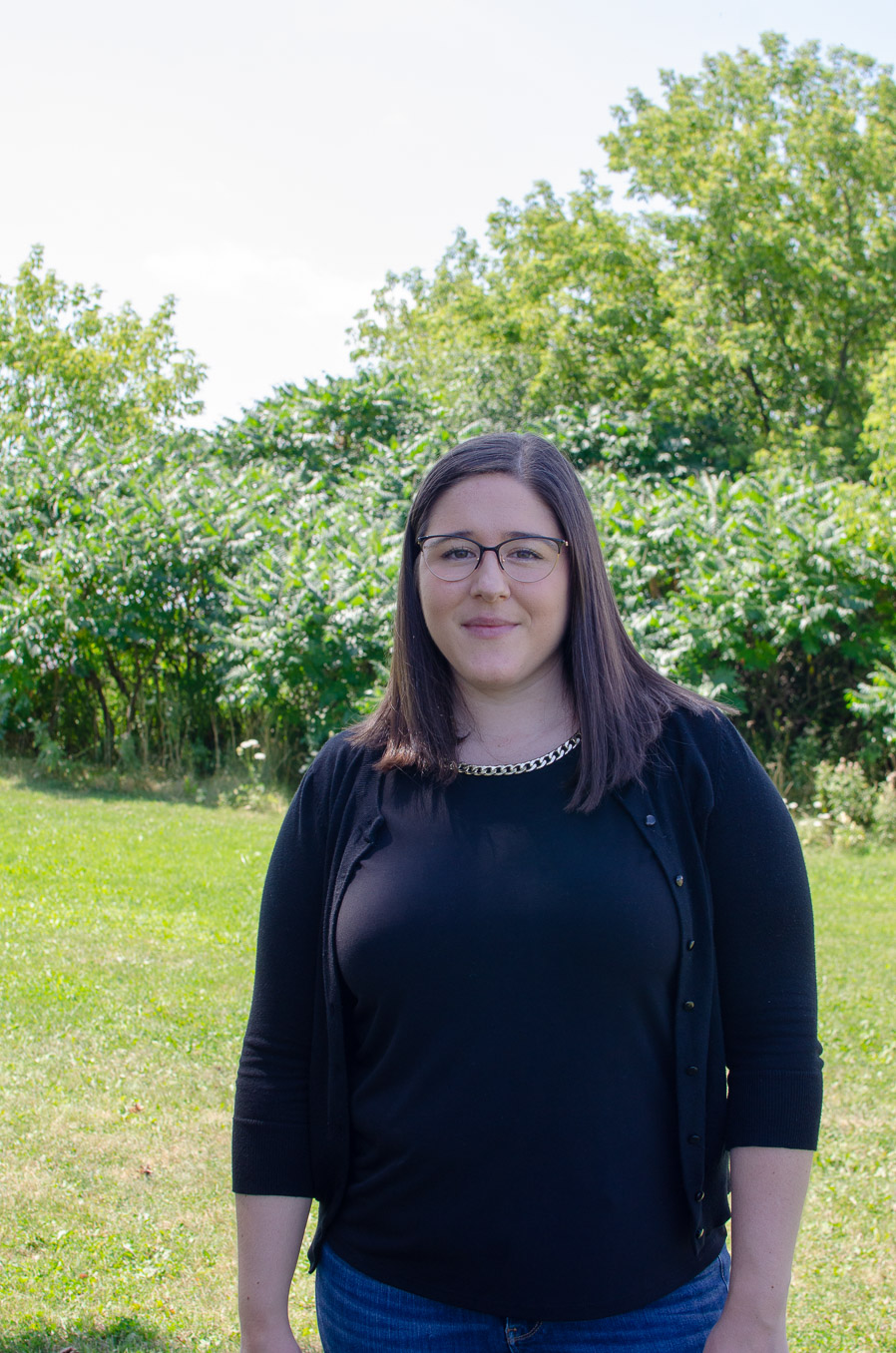 |
Shannon AccettoneAssistant Professor Dr. Accettone obtained her B.Sc. Honours Comprehensive Chemistry, Ontario Tech (UOIT) and her Ph.D Analytical and Physical Chemistry, University of Western Ontario. Dr. Accettone's research Interests include curriculum design for interdisciplinary authentic learning practices in analytical and forensic chemistry, pedagogical strategies in small and large scale analytical and forensic chemistry classes, and best practices for student assessment in analytical and forensic chemistry. |
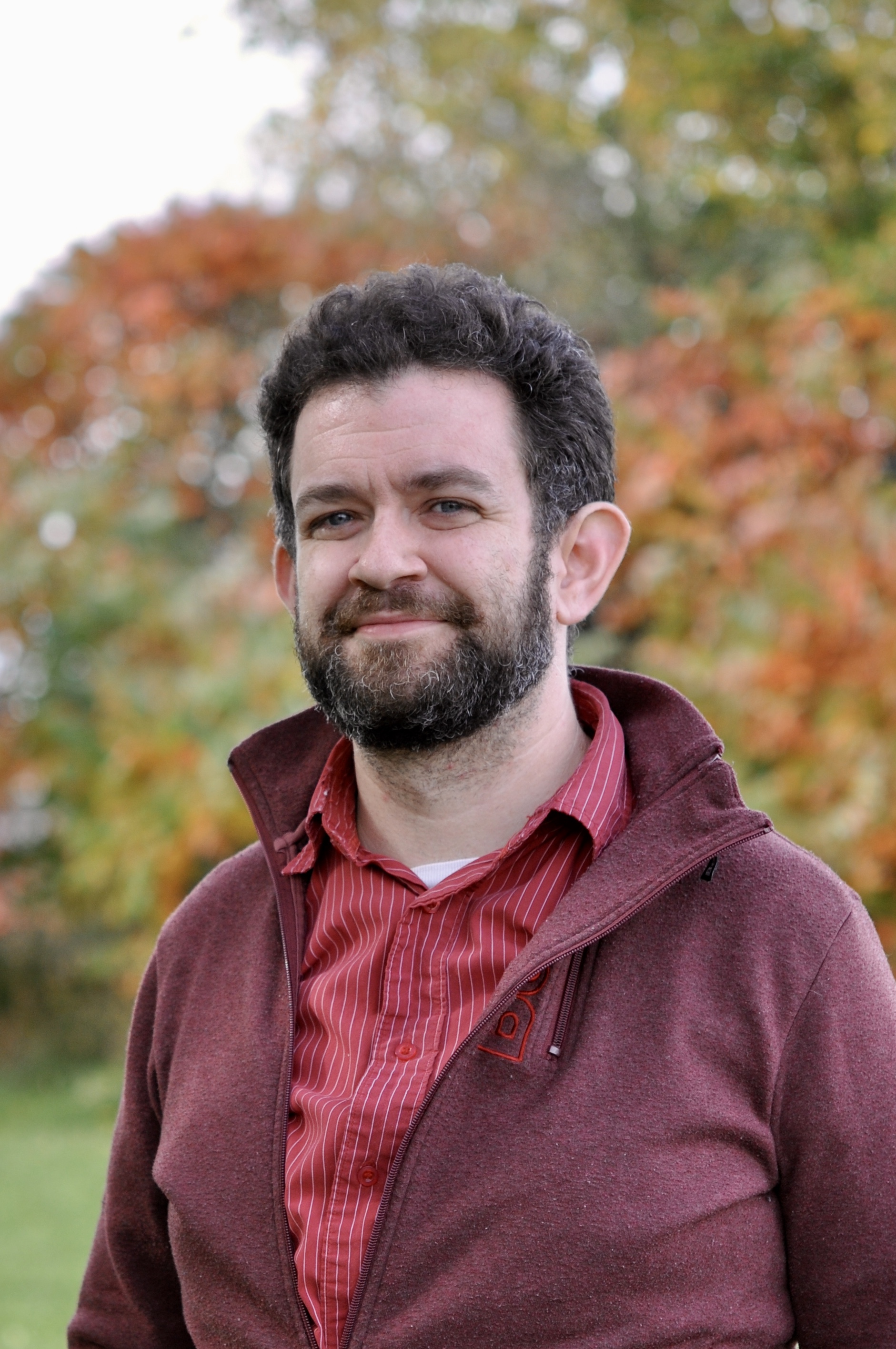 |
Joel CahnAssistant Professor I completed my MSc and PhD in Anthropology at the University of Toronto under the supervision of Dr. Tracy Rogers. Over the course of my academic career I have accumulated a wide range of forensic anthropology casework experience. I have assisted with searches for human remains, made in-field animal/human determinations, recovered skeletal remains from a variety of environments, constructed biological profiles and generated forensic reports for cold cases. This casework experience provides me a wealth of examples from which to draw upon when teaching, and informs my research. I developed the new Data Analysis in Forensic Science undergraduate course and currently teach Criminology in Forensic Science. I also oversee the various experiential learning-based courses in Forensic Science (Undergraduate and Graduate level). My research interests include data comparison methods in forensic anthropology, bioarchaeology, and paleopathology, with a current focus on antemortem skeletal trauma. |

